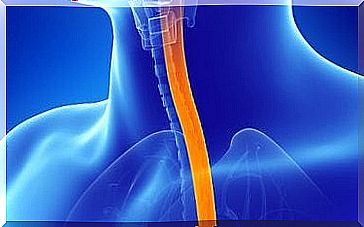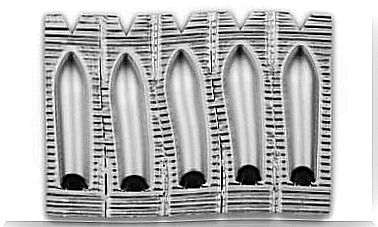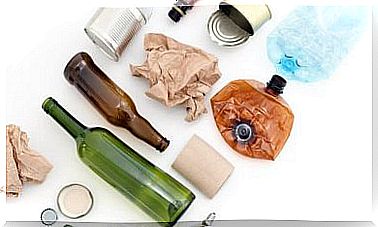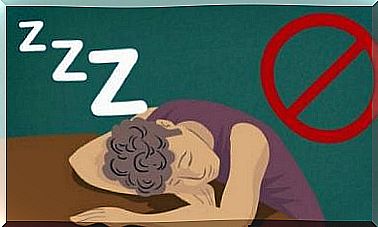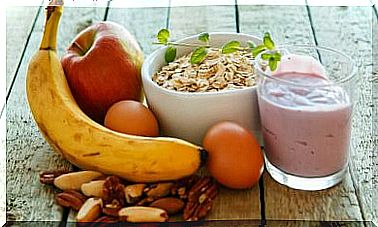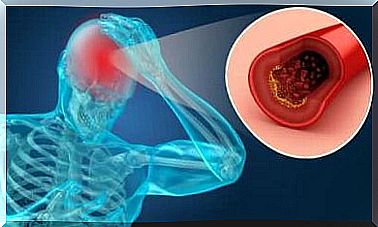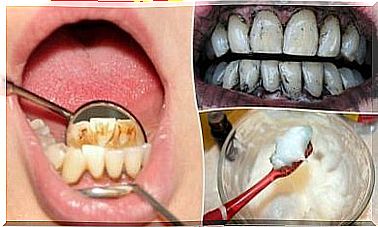Why You Shouldn’t Only Use Yeast For Baking
Everyone knows yeast for baking, but hardly anyone knows its great health benefits. You’ll be amazed!
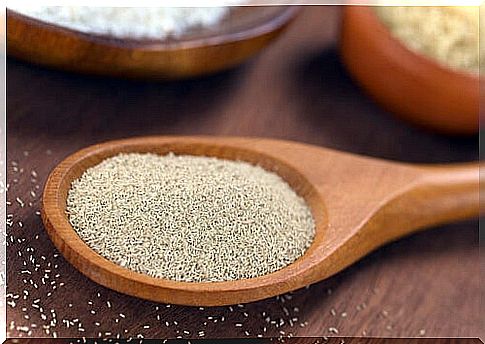
Yeast has many different names: yeast, baker’s yeast, gest, sugar mushroom and more. Depending on which region of the German language you come from, the name is different. The effect is always the same – and not just in the yeast dough! We’ll show you what else you should use yeast for.
Strictly speaking, our yeast is a fungus that arises from top-fermenting yeast cultures during beer production. Hence the name “brewer’s yeast”. So it does not consist of “bacteria”, as is popularly known, but of fungi.
They reproduce particularly well when it is warm and humid. You probably know that from yeast dough. However, they die at temperatures above 40 degrees, which is why the ingredients of a yeast dough may be warm, but never warmer than “lukewarm”.
But what else can this mushroom culture besides your cakes loosely, your bread airy and your pizza base rise? There are many uses for health. Make sure, however, not to use fermentable baker’s yeast but, for example, an inactivated brewer’s yeast.
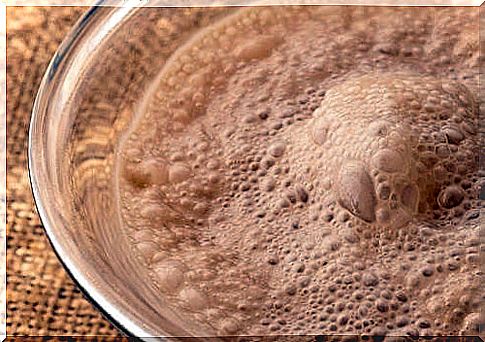
Support the immune system
Part of our immune system consists of phagocytes that recognize, attack and destroy unwanted bacteria, viruses or other pathogens. Yeast activates these cells and puts your body and the entire immune system on alert.
Thanks to yeast, diseases can be warded off better, because your immune system is top fit with its support!
Prevention of traveler’s diarrhea
If you start eating yeast a few days before a trip to a tropical vacation destination, you will effectively prevent the dreaded traveler’s diarrhea “Montezuma’s revenge”. The yeasts ensure that the intestinal flora is strengthened and that harmful bacteria can be better fended off.
Ingesting yeast helps kill harmful bacteria in the intestines so that traveler’s diarrhea does not develop in the first place! In doing so, it attacks the metabolism of the bacteria in such a way that they die. Ideally, you should continue taking it while you are on vacation to ensure long-term support for your intestinal bacteria.
Yeast survives staying in the stomach, because stomach acid can only damage it after about 12 hours of exposure. So if you take them with easily digestible foods (no meat!), You can be sure that the small yeasts will still arrive alive in your intestines and do their effective work there.
For prevention, you should take 250-300mg of brewer’s yeast per day.
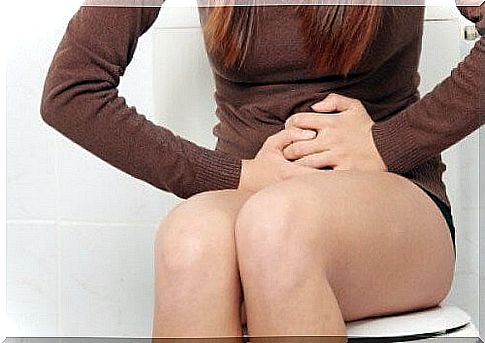
Help with diarrhea
With diarrhea, you suffer relatively quickly from the loss of fluid that is associated with the very thin stool. Yeast can prevent too much water from being excreted, thereby helping to maintain fluid balance in your body.
In this case, it has a regulating effect on the intestinal mucosa. Despite the good support of the yeast, you should drink more than enough if you have diarrhea – preferably isotonic drinks, which compensate for the loss of fluid more effectively than pure mineral water.
Yeast ensures a good intestinal flora
The intestinal flora is particularly disturbed after the use of antibiotics. But one-sided diets, illnesses or malnutrition can also lead to the balance of bacteria in your intestines being out of balance. Yeast can help restore and maintain the natural intestinal flora.
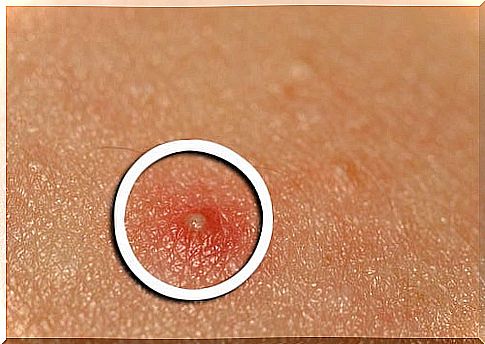
Against acne
Acne pimples are caused by bacteria. Since yeast inhibits bacterial growth and strengthens the immune system, it is traditionally also used for acne. It also contains B vitamins, one of which, biotin, is important for healthy skin.
To guarantee effectiveness, you should take at least 750mg of brewer’s yeast per day.
Instructions for use
There are people who cannot tolerate yeast or who are allergic to it. Any use is unsuitable for these people! If your symptoms do not improve despite the application, you should see a doctor.
If you take antimycotics (anti-fungal drugs), you should also refrain from taking yeast. Even with elevated uric acid levels, taking it would be counterproductive, because yeast contains purines – and these are responsible for the high uric acid level!
For medicinal use, you should not use baker’s yeast from the cooling shelf or from your kitchen cupboard, as this is still fermentable and would cause flatulence. You can surely imagine that once you’ve seen what a packet of yeast can do with half a kilo of flour …
However, there are medicinal yeasts or inactivated brewer’s yeast as well as delicious yeast flakes that you can buy in stores and in pharmacies. They are also available as powder, coated tablets, granules, pressed tablets or in flakes, depending on the area of application. For example, you can use the flakes to flavor. Try it!

